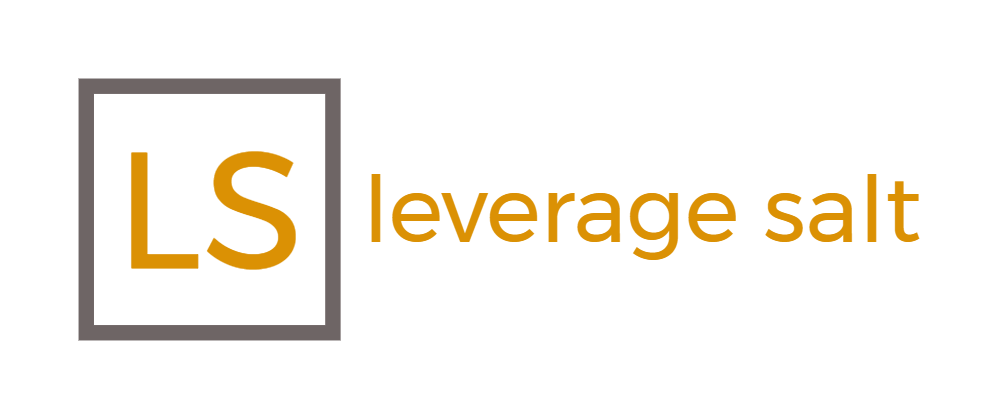Some things change and some things remain the same. Unfortunately, a lot of the time, the things we want to change, remain the same (and vice versa). Hence, what can we do about it? How can we change something, improve, and get the results we desire?
I read a book a few years ago that I want to encourage you to read as well. It is called, "The Compound Effect" by Darren Hardy. It is a great book about how small actions, small differences in behavior or small changes can make a big difference over time.
I'm sure most of us are aware of the compound effect when it comes to money, i.e., the earlier you start investing in your 401k, the bigger the "pot" in the future. Well, the same principle applies to any area of your life that you want to change, whether it is relationships, your fitness level, finances, career, etc.
Small changes made today and every day (completed with consistency) will produce big results at some point in the future. Consistency is the key. Hence, you have to have the perseverance and discipline to stick with the small change you are making on a daily basis so you see the result in the future. The biggest reason people don't get the results they desire is because they give up too soon.
How does this apply to state and local taxes? Well, small errors, or areas of neglect (such as nexus, apportionment, inter-company expenses, etc.) can add up over time. If no action is taken, an audit, a nexus questionnaire, etc. can arrive at your doorstep and the liability can be much greater than if action had been taken years earlier.
On the flip-side, if action is taken today (i.e., restructuring, voluntary disclosure agreements, planning, etc.) cash tax savings can be achieved not only for one tax year, but on an annual basis creating additional funds (or "nest-egg") to be used in your business.
The compound effect is a great principle. Just make sure that it is producing a "positive" effect for you and your business, instead of a "ticking time-bomb."
I leave you with this question from the book, "The Compound Effect:"
"If you were given a choice between taking $3 million in cash this very instant and a single penny that doubles in value every day for 31 days, which would you choose?"

